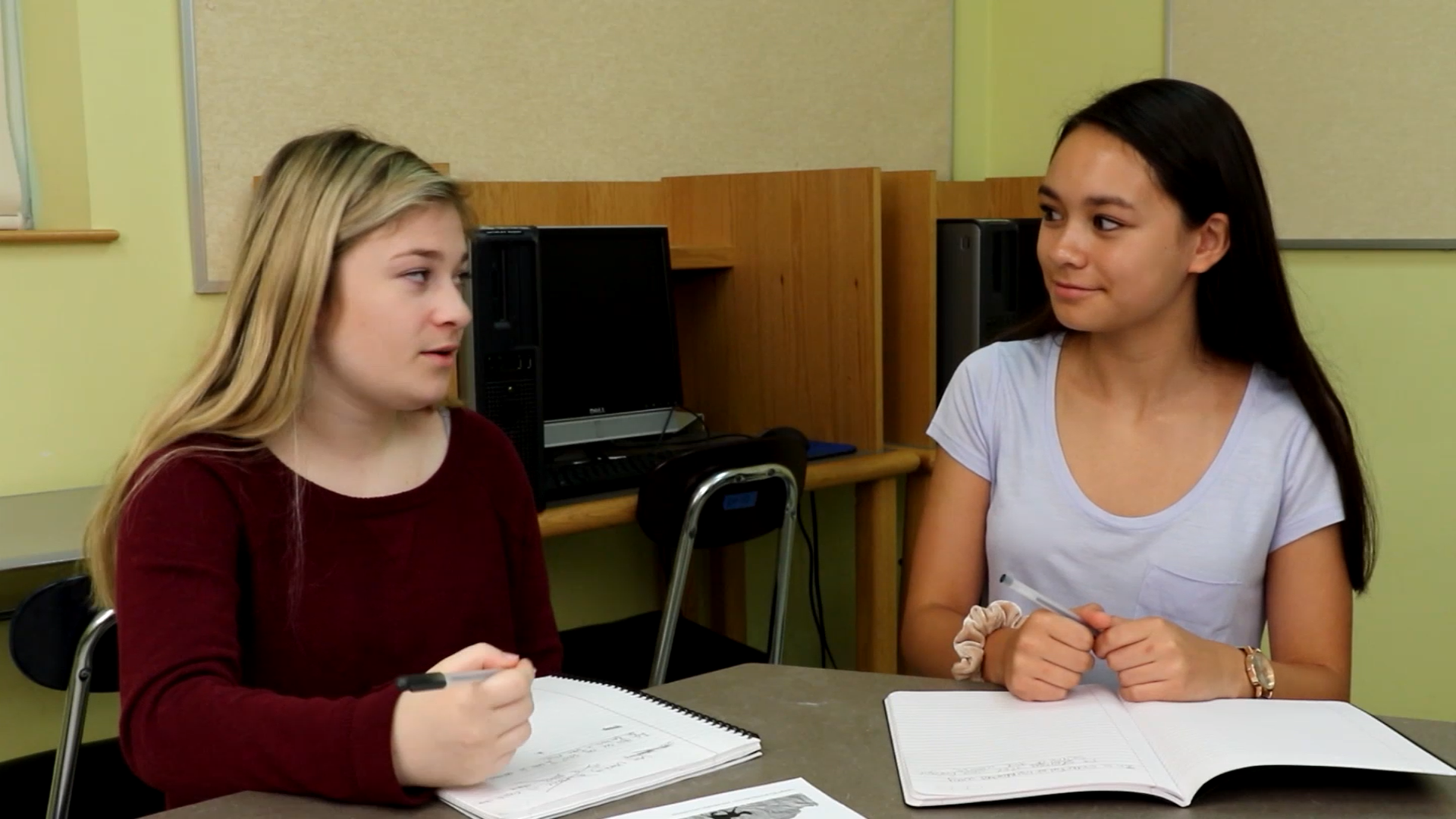Introduction
Honesty is a crucial skill for students to develop as they grow and interact with others. However, there’s a fine line between being honest and being too honest, which can inadvertently hurt someone’s feelings. In this blog post, we will discuss the importance of teaching students to think before they speak, and how to balance honesty with sensitivity. By learning to choose their words wisely, students can effectively communicate without causing unnecessary harm to their peers.
No-Prep Activity
The “Honest or Too Honest?” activity is a simple, no-prep activity that requires no additional materials from the educator. To begin, have students sit in a circle. The teacher will present a scenario, similar to the one provided in the prompt, where one student is too honest with another. After discussing the scenario, students will take turns sharing a situation where they were either honest or too honest.
Encourage students to reflect on their actions and discuss whether their honesty was helpful or hurtful in each situation. This activity promotes self-awareness and empathy, as students learn to consider the feelings of others before sharing their thoughts.
Discussion Questions
- Why is it important to think before we speak?
- How can we determine if our honesty is helpful or hurtful in a given situation?
- What are some ways to be honest while still being sensitive to others’ feelings?
- Can you think of a time when you were too honest and it had a negative impact? How could you have handled the situation differently?
- How can we support our friends when they make mistakes, even if we noticed their errors?
Related Skills
As students develop their understanding of honesty and sensitivity, they will also benefit from learning other related social-emotional skills, such as:
- Empathy: Understanding and sharing the feelings of others helps students become more compassionate and sensitive in their interactions.
- Active Listening: By truly listening to others, students can better gauge the appropriate level of honesty in their responses.
- Assertiveness: Learning to assert oneself while remaining respectful of others’ feelings is a vital skill in maintaining honest and healthy relationships.
- Conflict Resolution: Honesty is a key component in resolving conflicts, but students should also learn to balance truth-telling with diplomacy and tact.
Next Steps
Teaching students to balance honesty with sensitivity is an essential part of their social-emotional development. To further support your students in learning these valuable skills, consider signing up for free samples of our skill-building materials at Everyday Speech. Our resources provide educators with engaging activities and lessons that help students develop a strong foundation in social-emotional learning.






